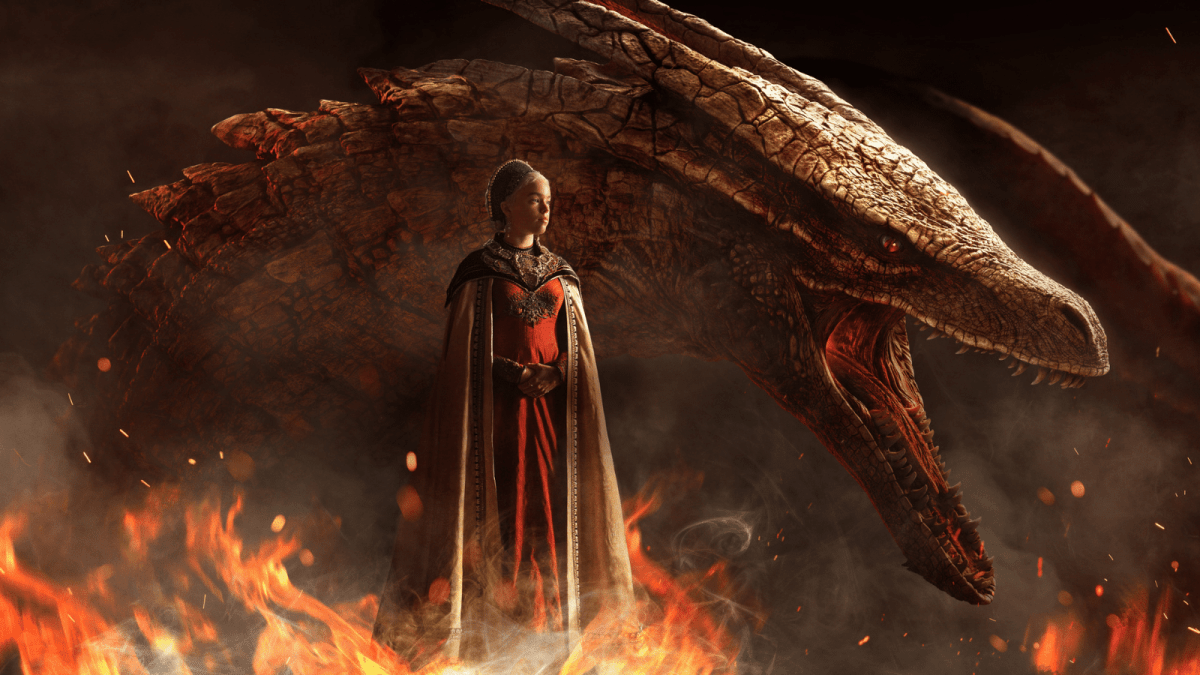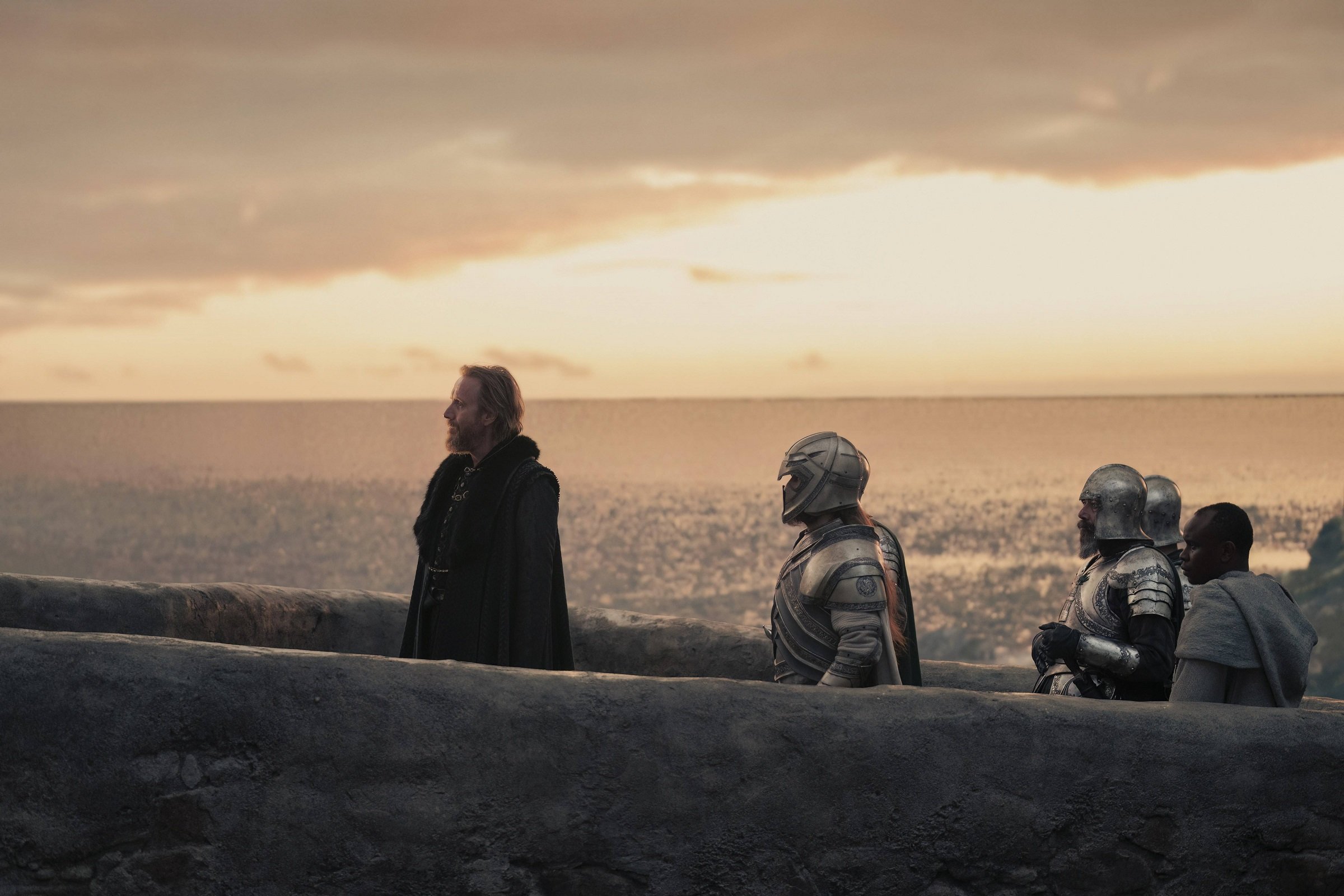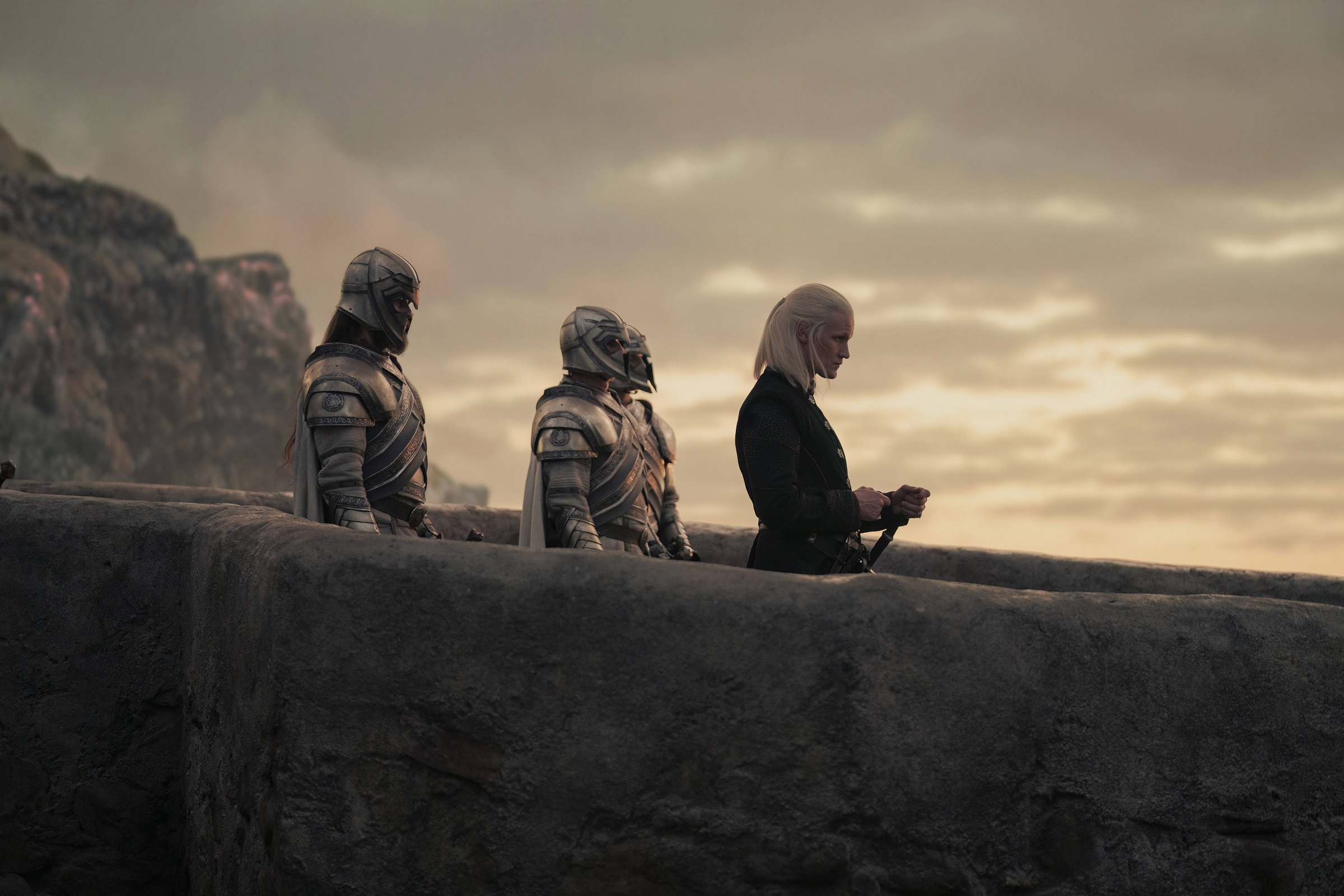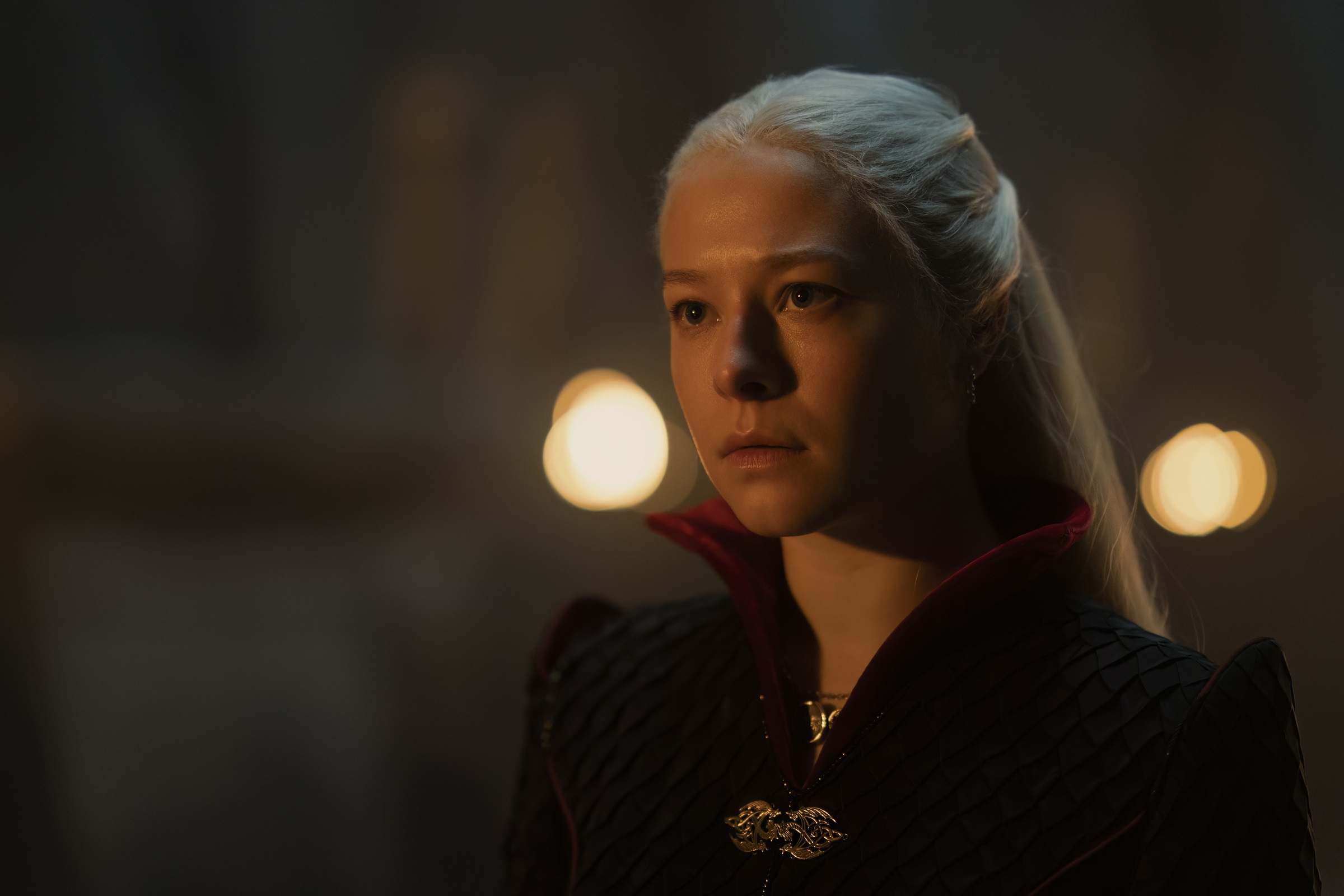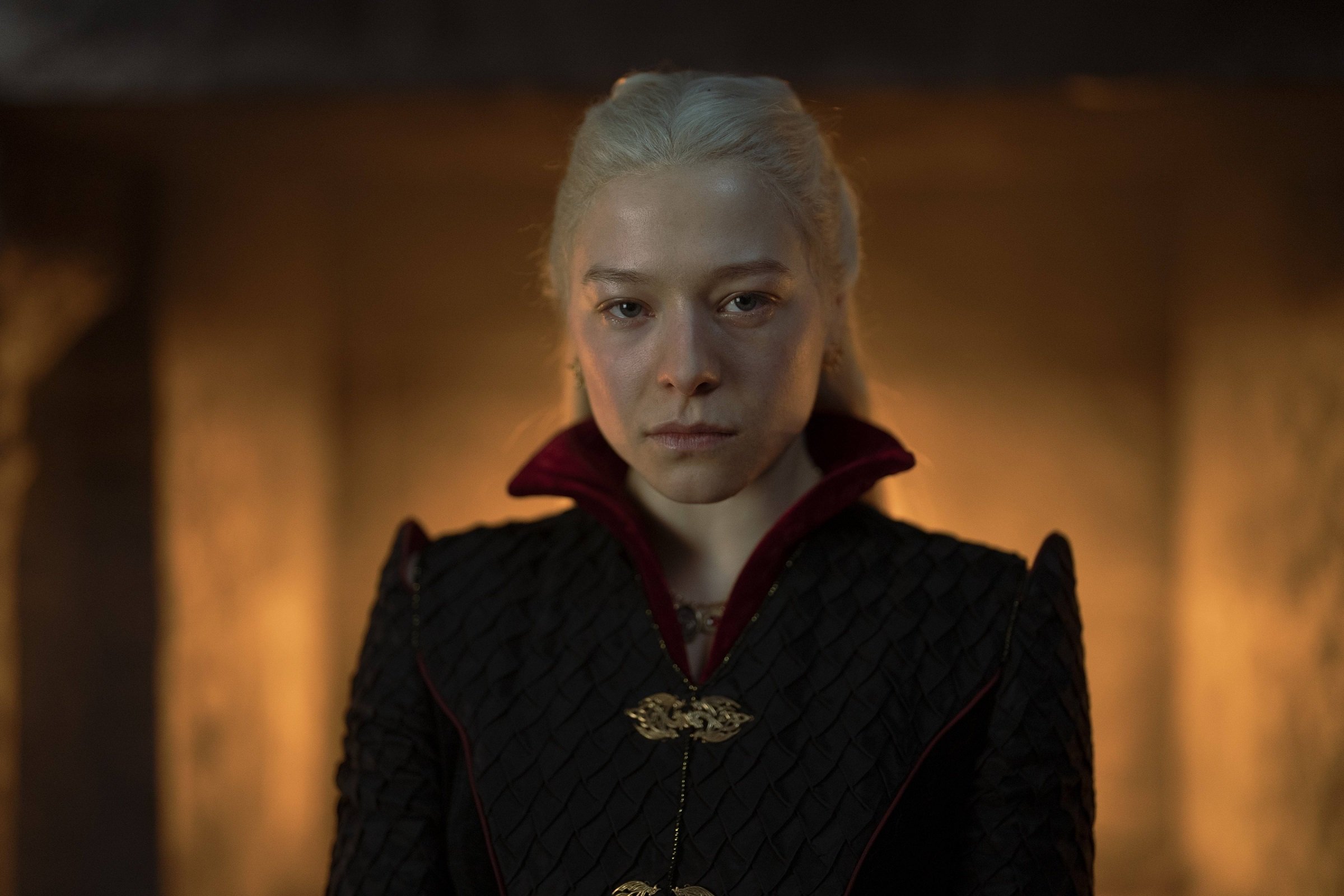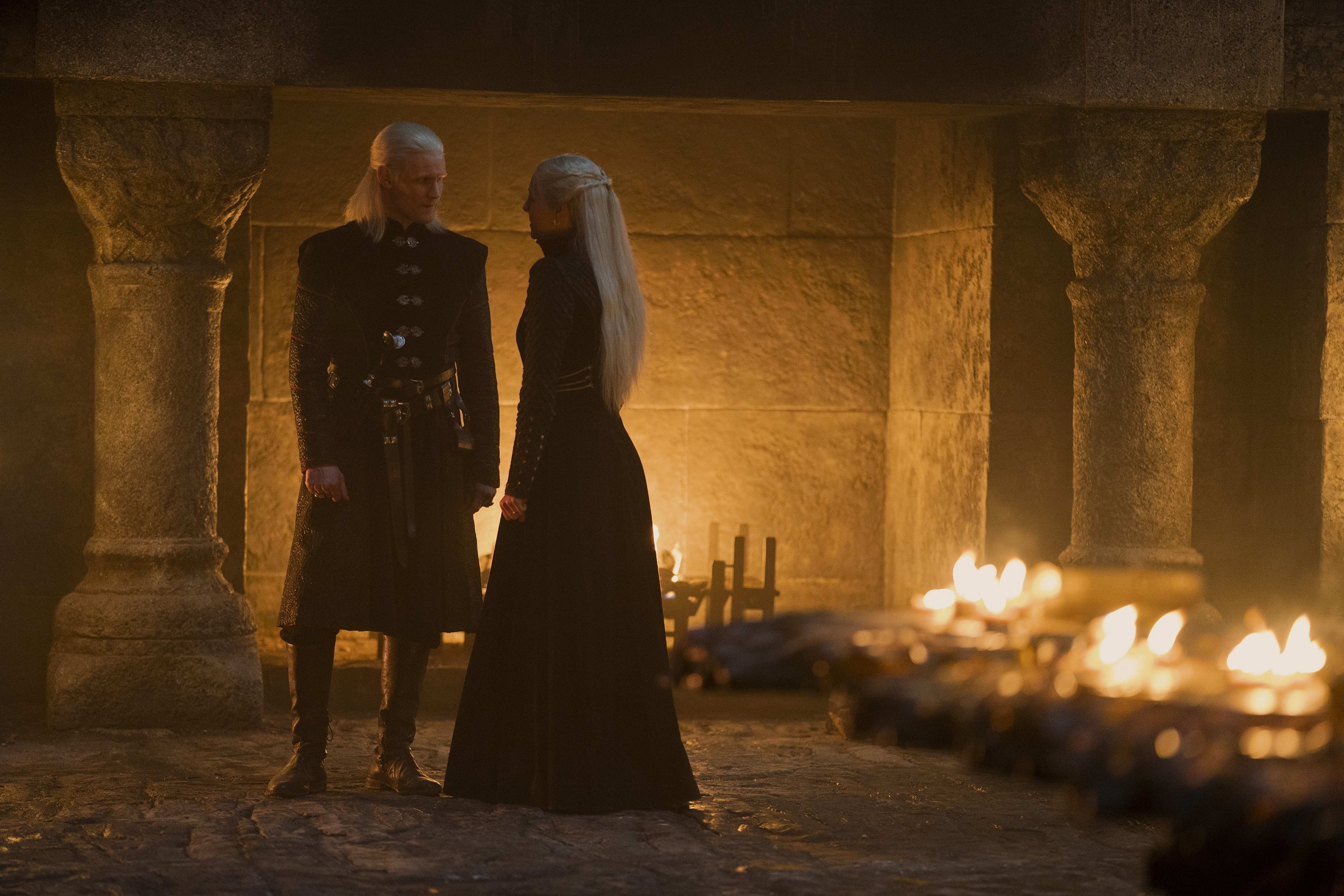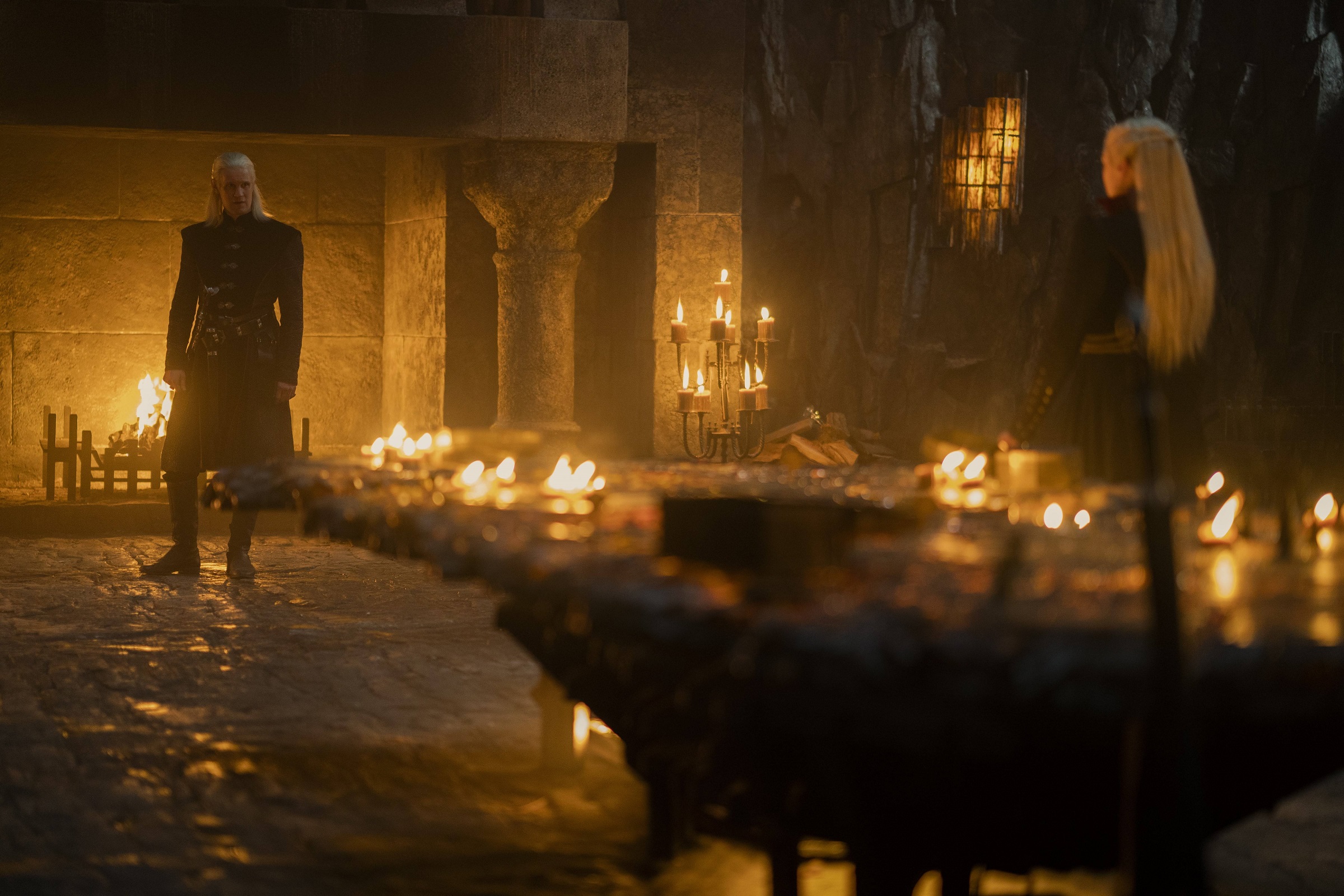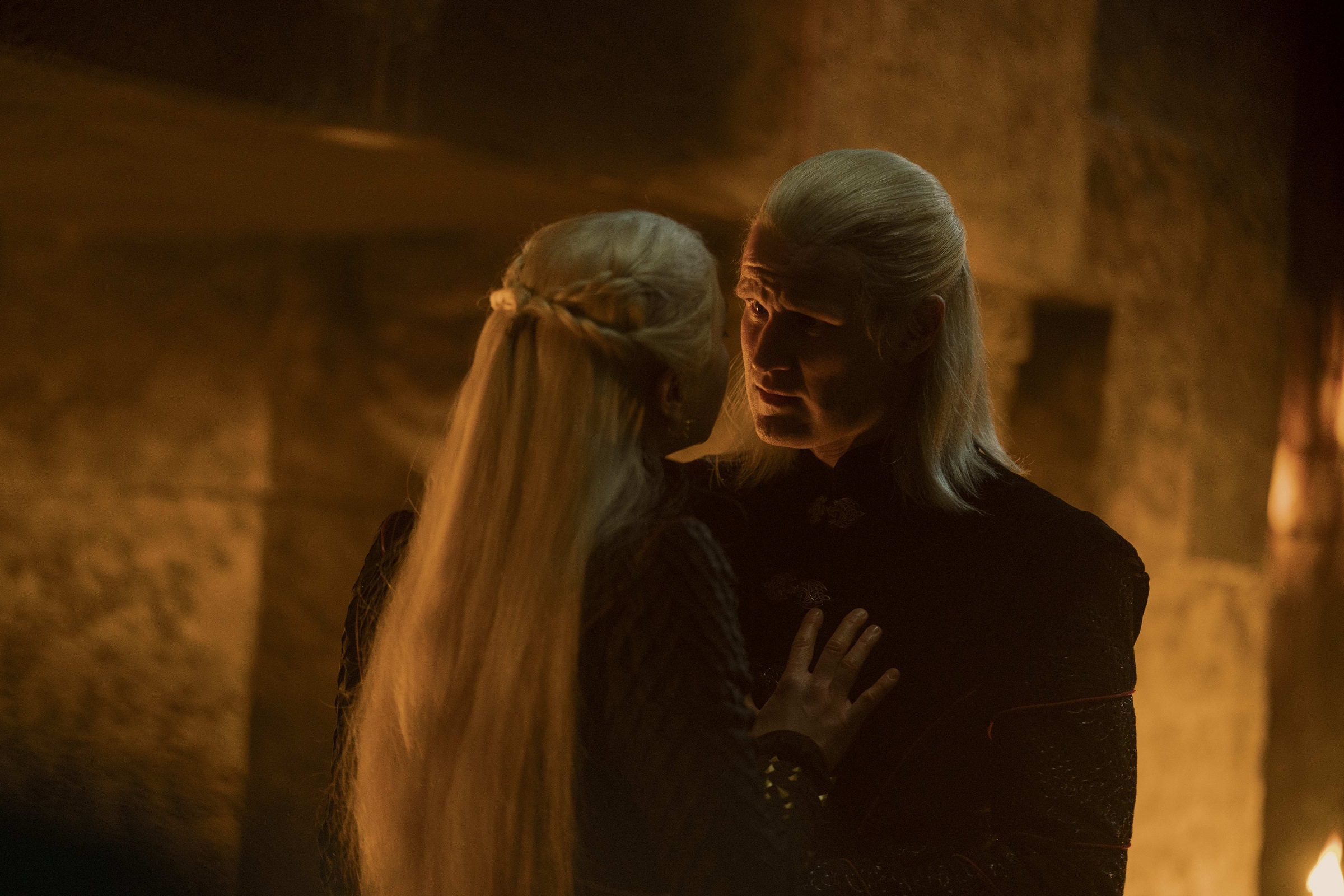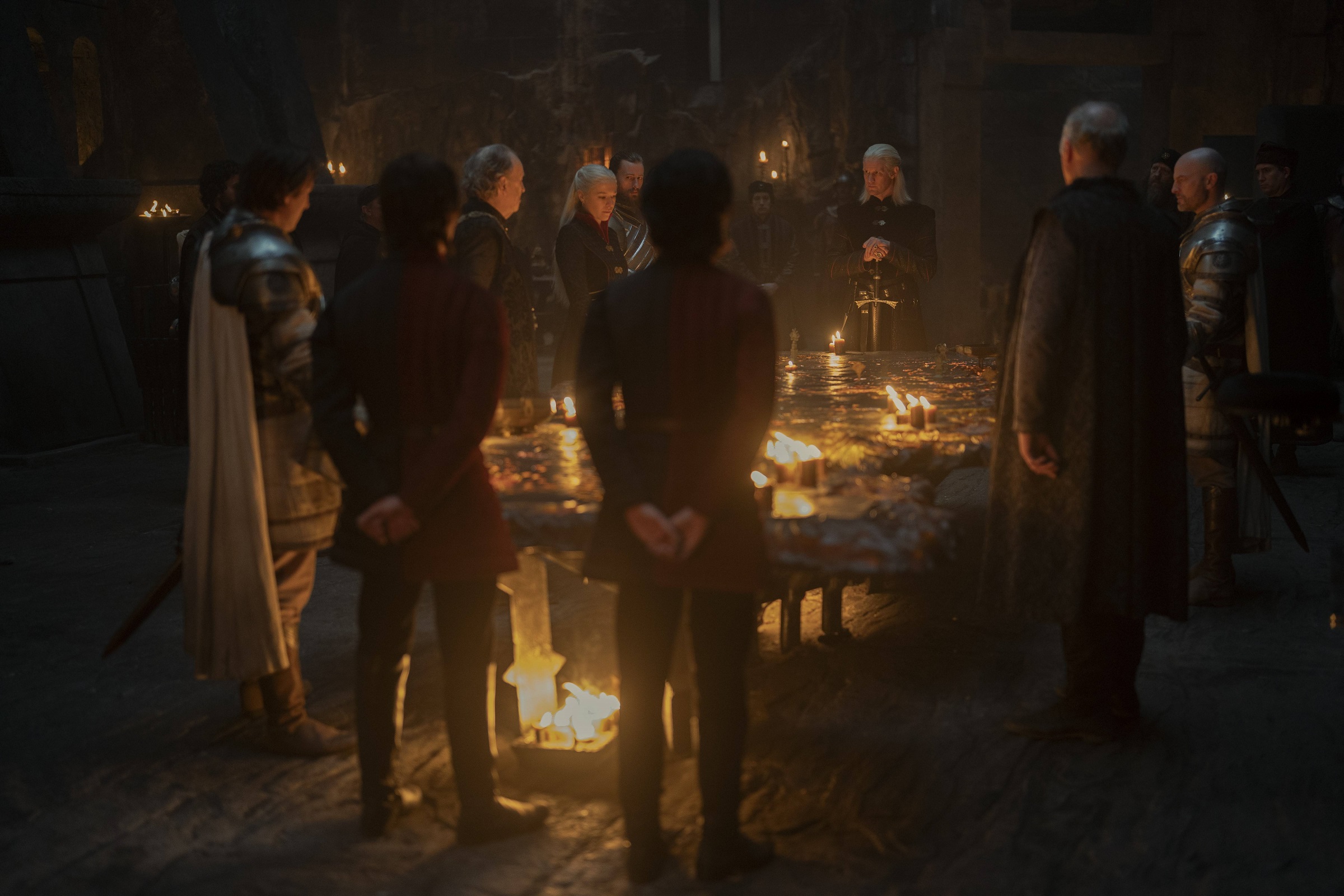As the next big fantasy story to find popularity in the entertainment industry and push beyond the border of literary recognition, George R.R. Martin’s work on A Song of Ice and Fire was always bound to be compared with J.R.R. Tolkien’s The Lord of the Rings. LOTR got there first thanks to Peter Jackson’s cinematic trilogy, movies that even now retain their place as some of the greatest works of art in the history of the medium.
After the conclusion of Game of Thrones on HBO, industry moguls began to vie for what would be the crown of its successor in television. With plenty of fantasy books and franchises to pick from, few could have predicted that anyone would actually attempt to have another go at Middle-earth. That was indeed what happened when Amazon purchased the rights to The Lord of the Rings appendices from the Tolkien Estate and began developing a five-season television show centering around the cataclysmic events of the Second Age. Westeros would not bow out without a fight, especially after GOT‘s disastrous final season. HBO began developing spinoffs of its own, the first of which, House of the Dragon, wrapped up at roughly the same time period as its biggest rival on Prime Video.
And so it was that the two shows, The Rings of Power and House of the Dragon, premiered just a week apart and began a ferocious rivalry for the crown of the most-watched fantasy streaming show. The respective producers might claim that the competition is actually good for genre filmmaking as a whole, but no one can deny that Warner Bros. and Amazon Studios were essentially squaring off against one another with their most prized IP.
There can only be one lord of television, though, and considering the audience reception thus far, House of the Dragon is clearly the winner in terms of objective quality and compelling storytelling. The Rings of Power has its strengths no doubt, but when all is said and all is done, HBO is simply the more experienced television producer and gives all the other newcomers—whether it be Prime Video, Netflix, or even Disney Plus—a run for their money. Wondering exactly why you seemed to enjoy House of the Dragon more, even if you happen to be an ardent Tolkien stan? Here are three reasons why the Game of Thrones prequel series seems to be in a league of its own.
A well-defined plotline thanks to Fire & Blood
The story of the Dance of Dragons is fully fleshed-out, whereas the story of the Second Age in The Rings of Power lacks those intricate details that might have otherwise given it the edge over Martin’s creation.
Unlike The Rings of Power, which essentially comes out of a few notes at the end of The Return of the King, HBO can rely on Fire & Blood to give them an extensive blueprint of everything they need to get right in the way of characterization and compelling plot developments. Even more of an advantage is the fact that George R.R. Martin is still around, and according to showrunner Ryan Condal, he has counseled the writers in every uncertain morsel of worldbuilding.
The Prime Video show, on the other hand, has to make almost everything up from scratch. From the Stranger to the Harfoots to the creation of Mordor at the hands of Adar and his Uruk, everything you saw in The Rings of Power season one was an invention. When it comes to Middle-earth, fans do not take so kindly to any deviation from the source material, such as it is.
The visual language is completely in the service of the narrative
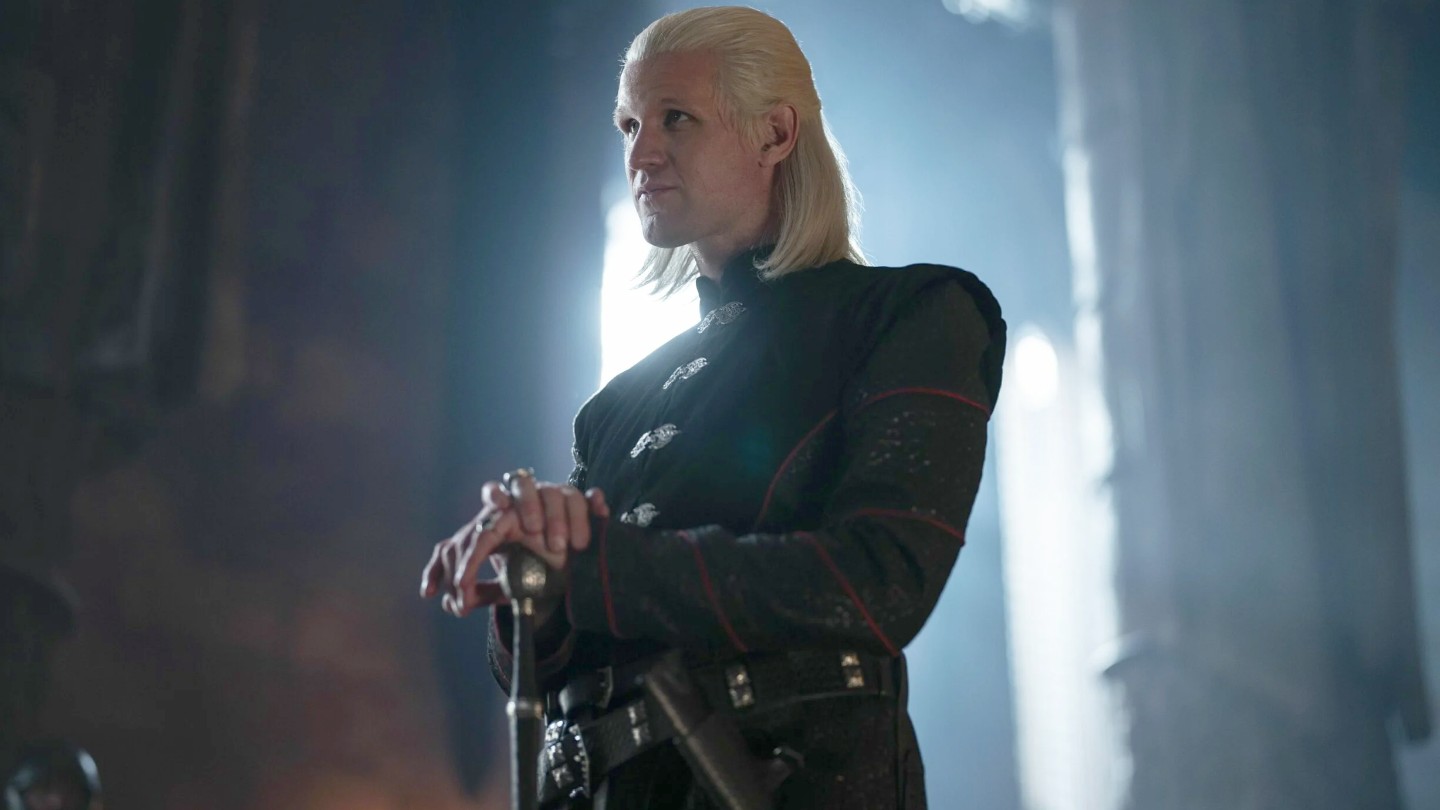
There’s no denying that when it comes to aesthetics, The Rings of Power absolutely knocks it out of the park as the most expensive television show in history. It is simply breathtaking to behold, whether it’s depicting the divine elven realms of Lindon or the magnificent civilization of Numenor. House of the Dragon, meanwhile, only takes you to certain locations like the Red Keep in King’s Landing or Driftmark, where the Velaryons hold court.
In that sense, The Rings of Power should be the clear winner here, but alas, all of that eye-candy accounts to nothing when it’s not in the service of a compelling narrative. House of the Dragon establishes decoupage as a means to help its story forward, but The Rings of Power is constantly showing off with its outlandish budget to make up for the lack of a coherent plotline or to mask the show’s overbearing filler content.
HOTD characters feel real, and the ROP characters are still archetypal
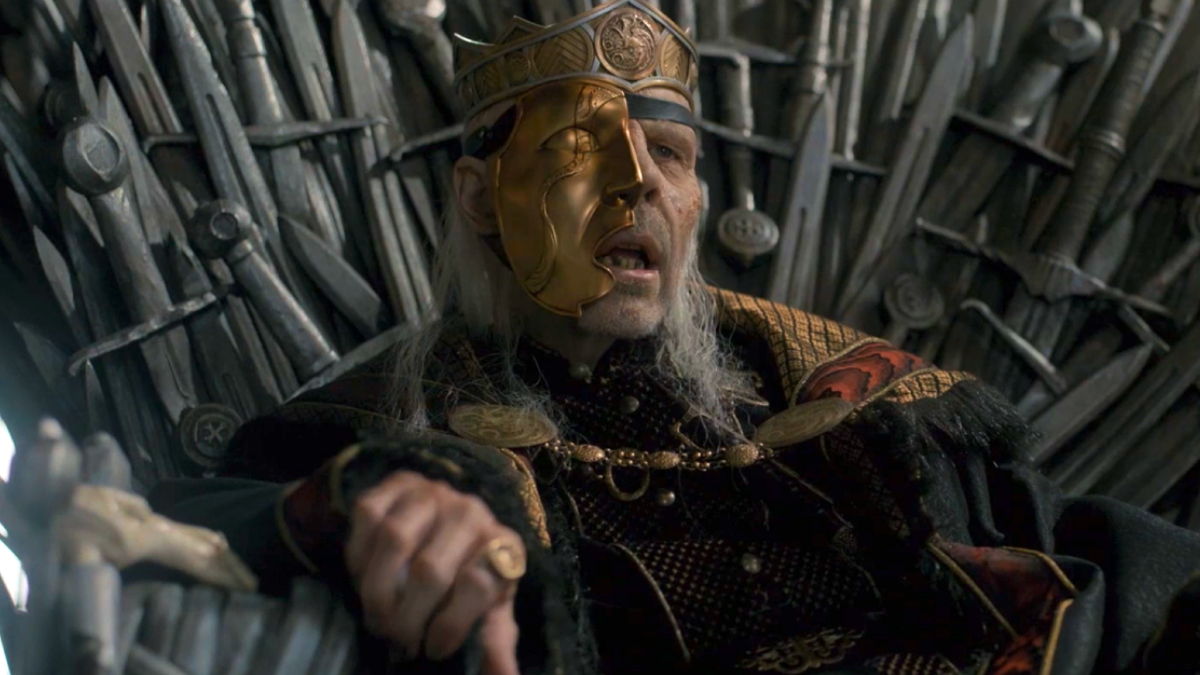
While we could debate if Game of Thrones characters are truly “morally gray” when all they seem to care about are their own selfish needs, there’s certainly a discernible distinction in the way The Rings of Power characters carry themselves when you pit them against the House of the Dragon ensemble. Yes, Galadriel may be blinded by contempt and a desire for revenge, but even then, the Lady of Galadhrim is still an archetypal manifestation of overcoming greed and reveling in the wisdom of age.
That has always been the way with Tolkien’s characters. Aragorn and Gandalf are savior archetypes while Frodo is a hero caught in the mire of bearing the One Ring’s immense responsibility, or at least rising to its occasion. With Tolkien himself, the author always knew how to sew these characteristics in as a subtle undertone, something that The Rings of Power fails to imitate. House of the Dragon, on the other hand, is basically doing what Game of Thrones did, and the result is a lineup of characters who seem as reluctant as they’re helpless against the backdrop of the events that push them down certain paths.
It could be argued that House of the Dragon is also rehashing everything its predecessor did because the overarching conflict once again centers around the Iron Throne and who gets to sit on it. The Rings of Power is openly recycling older motifs, like Isildur’s horse going back to save him like Brego did for Aragorn or Harfoots finding the courage to come out of their hiding shells and affect the world at large. House is introducing novel conflicts with complex characters such as Viserys, the king who should’ve been anything but a king, and his daughter, Rhaenyra, a princess trying to find her place in the world.
Rhaenyra would have been a mirror image of Daenerys had the writers wanted to just “play it safe,” as it were, but House of the Dragon has proven time and again during its first run that it’s not afraid of venturing where the original series dared not.

